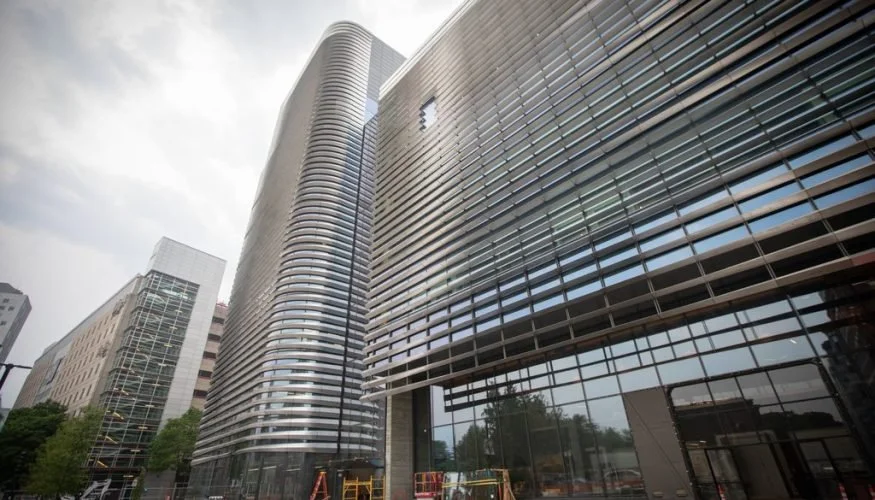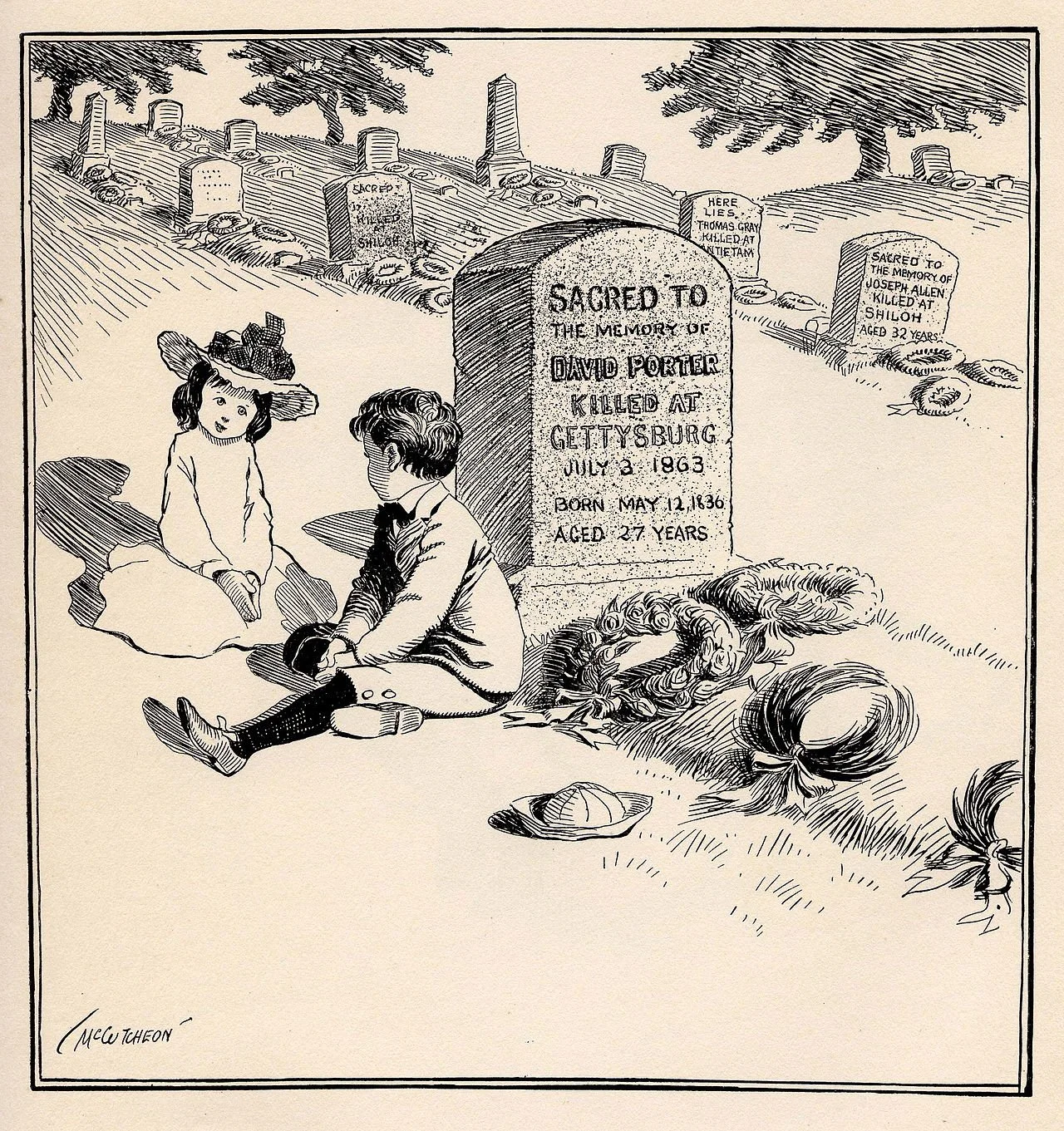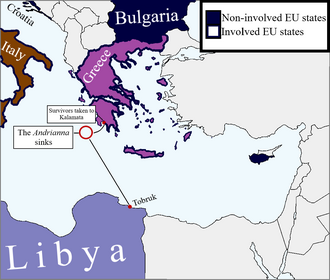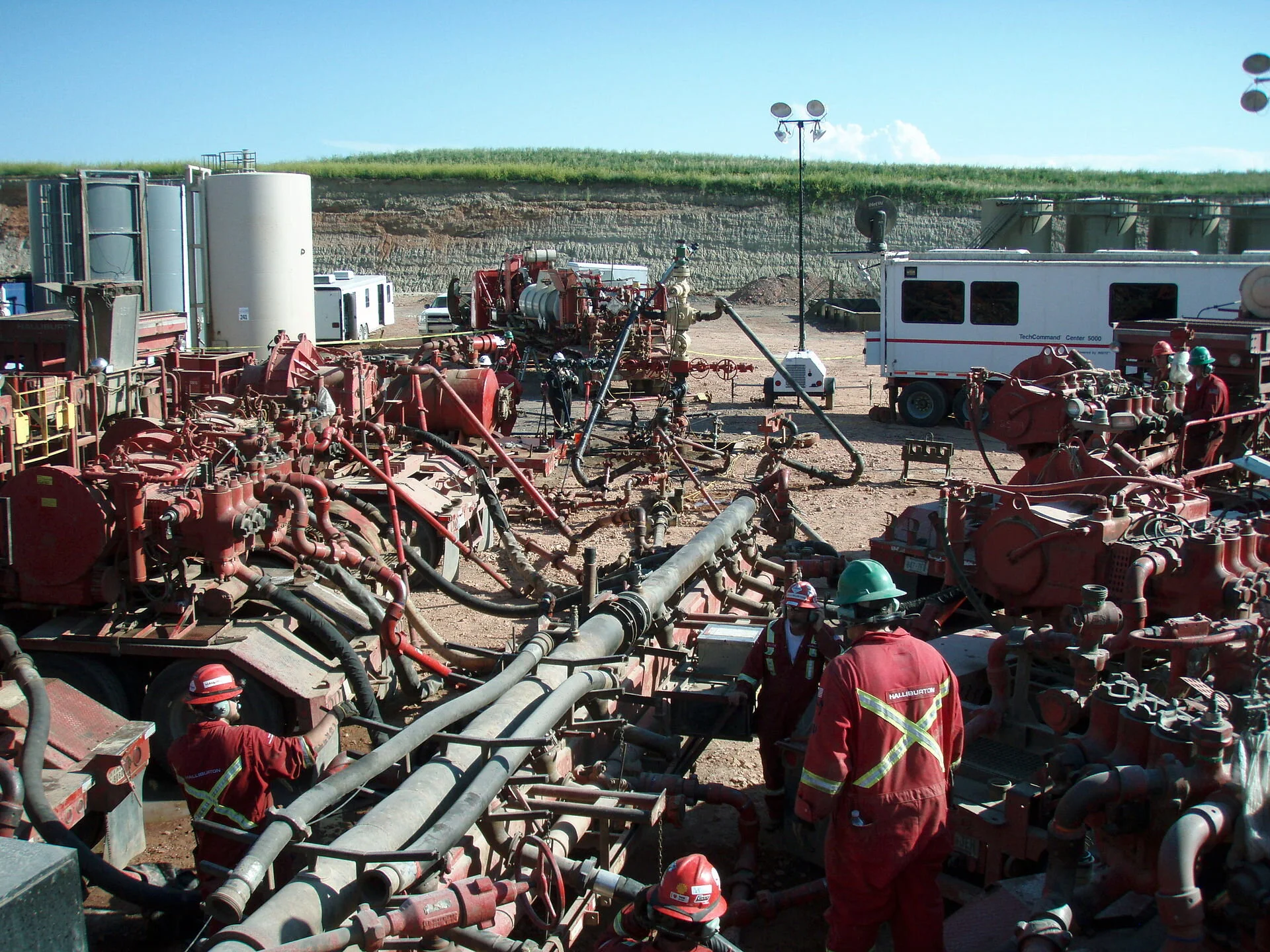Via OtherWords.org
Recent weeks saw two terrible tragedies at sea.
In one, five explorers died when the Titan submersible imploded in the North Atlantic. In the other, over 600 refugees — most of them women and children — drowned in the Mediterranean when their fishing trawler sank.
Both voyages ended in a heartbreaking loss of life. But there were vast differences between the two tragedies in media attention and government response, highlighting just how unequal our world has become.
On board the Titan were two billionaires and one of their sons, along with a CEO and research director of companies tied to undersea adventure tourism. They were headed for the wreckage of the Titanic, which sank 111 years ago.
When the Titan lost contact with its mother ship less than two hours after descent began, calls for assistance immediately went out. Help came quickly from the U.S. and Canadian coast guards and navies, along with support from France and offers from other countries.
Sonar-equipped planes, undersea diving equipment, trained divers, and search ships of every variety steamed to the area. Meanwhile, breathless coverage of the tragedy stayed on the front pages around the world as TV news counted down the hours of oxygen left in the small craft.
The rescue cost is unknown, but initial estimates are around $100 million — a cost that will be footed by taxpayers.
Compare this to the story of the Andriana, which sank off the coast of Greece just two days after the Titan went down. The Andriana was thought to be carrying over 700 people, of whom just 104 survived. No women or children were among the survivors.
The limited news coverage of the Andriana included nothing like the up-close-and-personal human stories of the lives and dreams of the five men aboard the Titan. Except for a few, we don’t even know their names.
They were desperate migrants, many of them refugees, from countries wracked by war, poverty, climate disasters and human-rights violations — including Afghanistan, Syria, Palestine, Pakistan and Egypt. They were sailing from Libya in a decrepit fishing boat, hoping to make it to Europe alive.
The Greek coast guard quickly realized that the ship was in trouble, but didn’t try to rescue the desperate passengers on the deck. Greek authorities made assertions — vehemently disputed by ship captains nearby, migrant advocates, and the passengers themselves — that the ship had turned down offers of assistance.
The ship had been in distress almost two days before it sank, but help didn’t come until it was too late. How many might have been rescued with one-tenth the resources that were rushed to save the very, very people on the Titan?
Europe’s racist approach to migration starts and ends with preventing African, Asian and Arab migrants from entering European territory. But it’s not just a European problem.
Indeed, the continent’s policies on migrants bear a tragic — indeed criminal — similarity to our own in the United States. As thousands of desperate refugees and migrants have died crossing the Mediterranean, thousands more from Central America, the Caribbean, and beyond have died trying to cross the desert along the U.S.-Mexico border.
How many might have been saved if immigration policy were grounded in keeping migrants safe, rather than keeping them out?
The rescue effort mounted for those lost on the Titan shows what’s possible when those in danger are treated like they matter. U.S. officials should work just as hard to rescue poor and endangered migrants as they do the billionaires — their lives matter just as much.
Phyllis Bennis directs the New Internationalism Project at the Institute for Policy Studies.
#Titan
#Andrina
#migrants
























